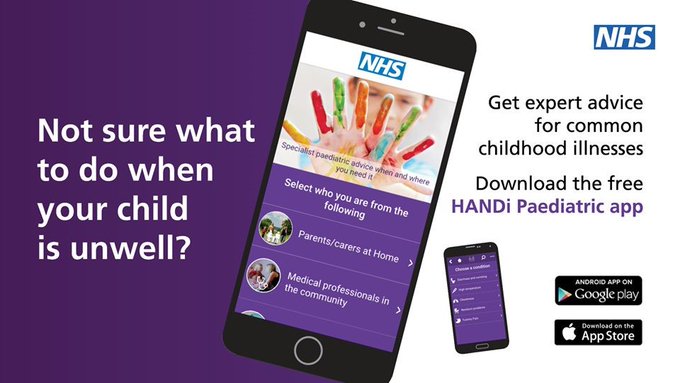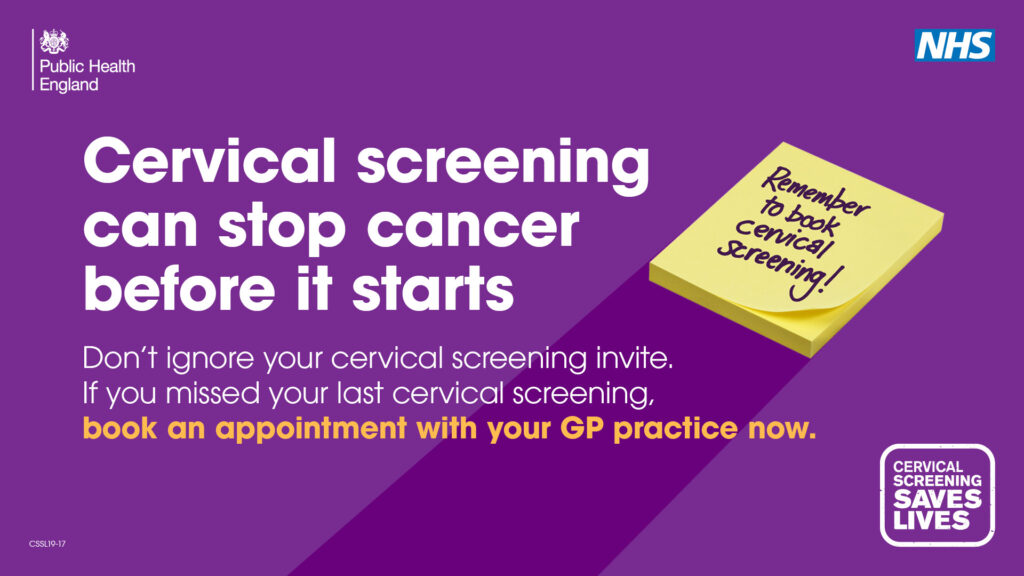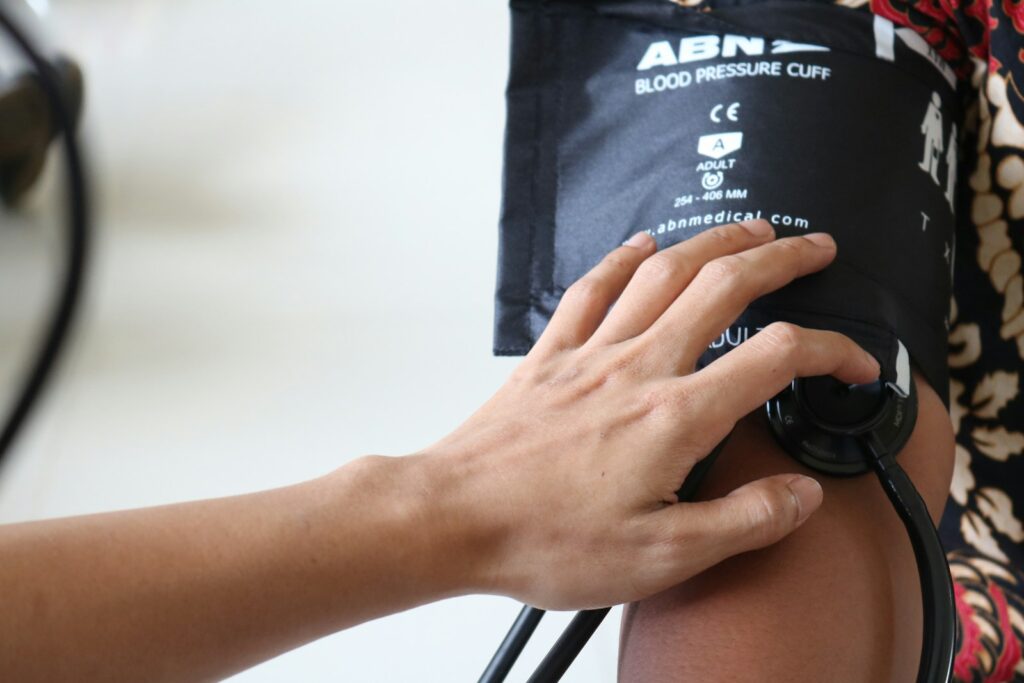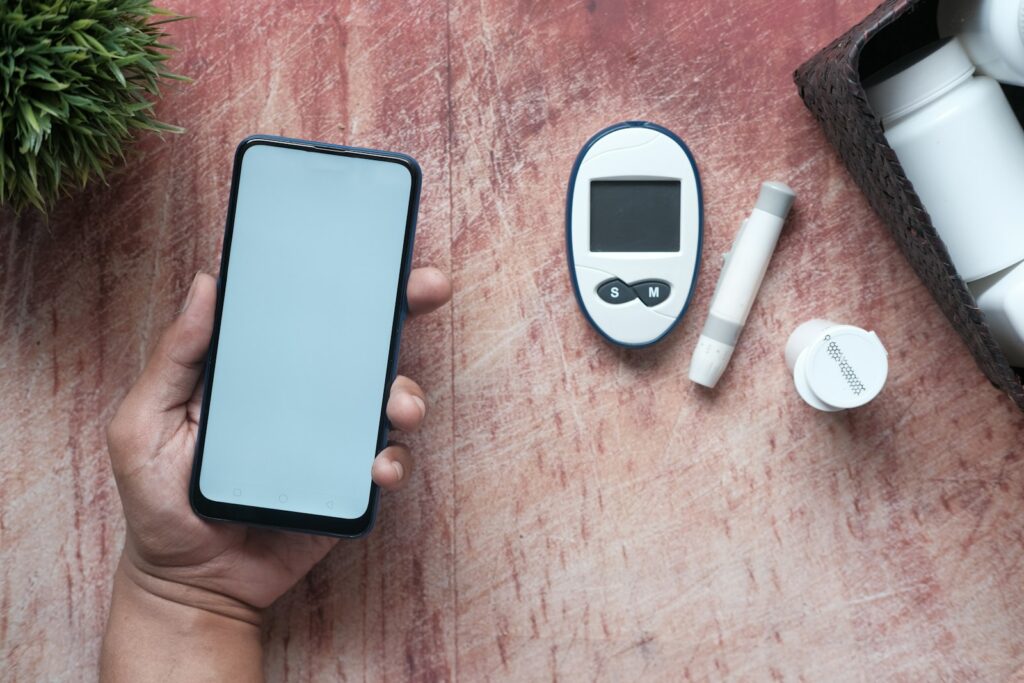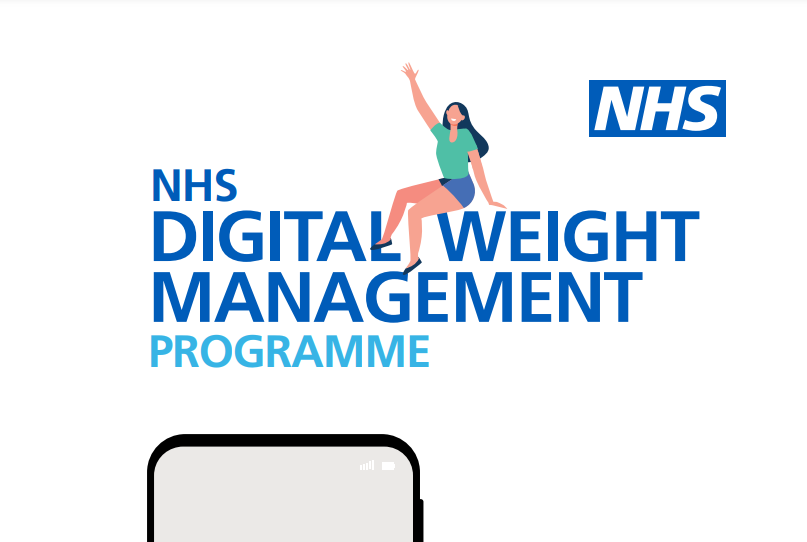Child Health Checks

Appointments are sent out automatically by the practice and the local health authority for routine child health checks.
The first will be with a GP at the practice when your baby is around 6 weeks old.
You will be sent information about this and asked to make an appointment at the practice.
You will also be offered routine health reviews for your child, with your Health Visitor, at 6-8 weeks, 8-12 months and 2-2½ years old.
Child development checks, including baby checks at 6-8 weeks, are performed by GPs by appointment.
You will be sent a text message or a letter inviting you to attend an appointment at the practice for a postnatal examination and baby check. Baby immunisations may also be available at the same time.
Childhood Immunisations
Immunisations are given by our Practice Nurses or other Healthcare Professionals in accordance with the NHS vaccine schedule.
If you choose not to vaccinate your child this leaflet may be helpful.
Not sure what to do if your child is unwell?
